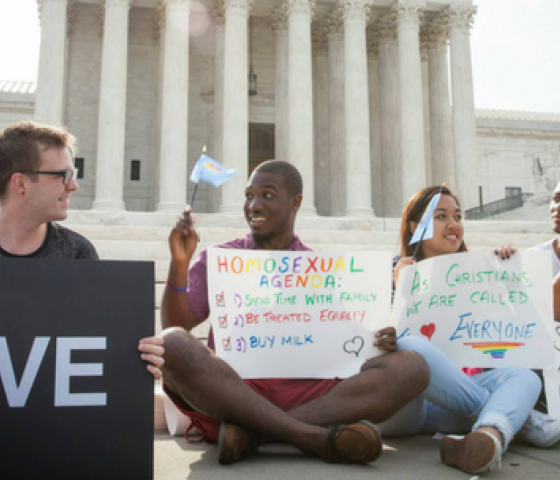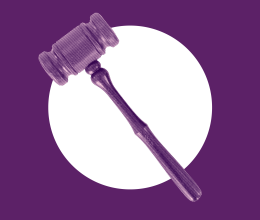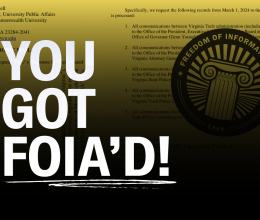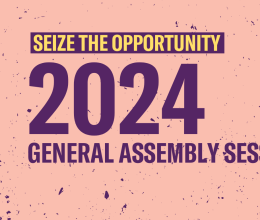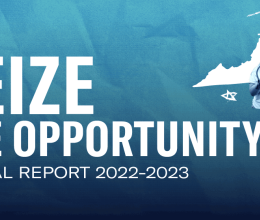ACLU filed brief supporting academic freedom at Virginia college.
Richmond, VA— The Virginia Supreme Court heard arguments today in Virginia Attorney General Ken Cuccinelli’s attempt to obtain the private communications of Michael Mann, a global warming expert once employed by the University of Virginia.
“We hope the Virginia Supreme Court will take this opportunity to make a strong statement in support of academic freedom,” said ACLU of Virginia Executive Director Kent Willis. “If the government is allowed to demand to see the private records of scholars, there will almost certainly be a great chilling effect on the kind of open debate and research we have grown to expect from our universities.”
The ACLU of Virginia, American Association of University Professors, Union of Concerned Scientists, and Thomas Jefferson Center for the Protection of Free Expression filed a joint amicus brief asking the Virginia Supreme Court to affirm the lower court’s order setting aside Cuccinelli’s demand for Mann’s private communications.
Cuccinelli, whose opposition to the science of global warming is well known, created a public stir in 2010 when he sought records from UVA related to the communications and research of former professor Michael Mann, a widely published proponent of global warming theory. Among the broad range of records sought were emails that Mann sent to, and received from, colleagues from as far back as 1999.
Cuccinelli attempted to use the Virginia Fraud Against Taxpayers Act to access Mann’s records. Under FATA, the attorney general may issue a “Civil Investigative Demand” for information related to acts of fraud against the state, but he must first have “reason to believe” that an act of fraud has been committed and must assert the nature of the conduct under investigation. Lawyers for UVA have argued that the attorney general has not met either of these requirements.
When UVA officials stated publicly that they were inclined to give into the AG’s demands, the ACLU of Virginia and the American Association of University Professors wrote a letter asking UVA to stand up for academic freedom by fighting the demand in court.
After UVA filed a petition with the Albemarle County Court to set aside the demand, the ACLU of Virginia and other academic freedom advocates filed a brief supporting UVA. The court later ruled that the Attorney General had failed to specify the nature of the conduct alleged to be fraudulent and that he had no authority under Virginia law to seek records related to four of five grants in question, since they were federally, not state, funded.
After the court ruling, Cuccinelli issued a new civil investigative demand to UVA for access to documents related to Mann’s research. An Albemarle judge continued the case involving the new demand until the Virginia Supreme Court ruled on Cuccinelli’s appeal of the dismissal of his earlier demands. The court’s decision is expected in March.
The amicus brief, filed by the ACLU of Virginia and other groups in April of last year, was authored by Lisa Ewart and Mark Fleming of Wilmer Hale in Washington D.C. It can be found online at http://acluva.org/wp-content/uploads/2011/04/UVACuccinelliAmicusVASupCt.pdf.
Contact: Kent Willis, Executive Director, 804-644-8022
